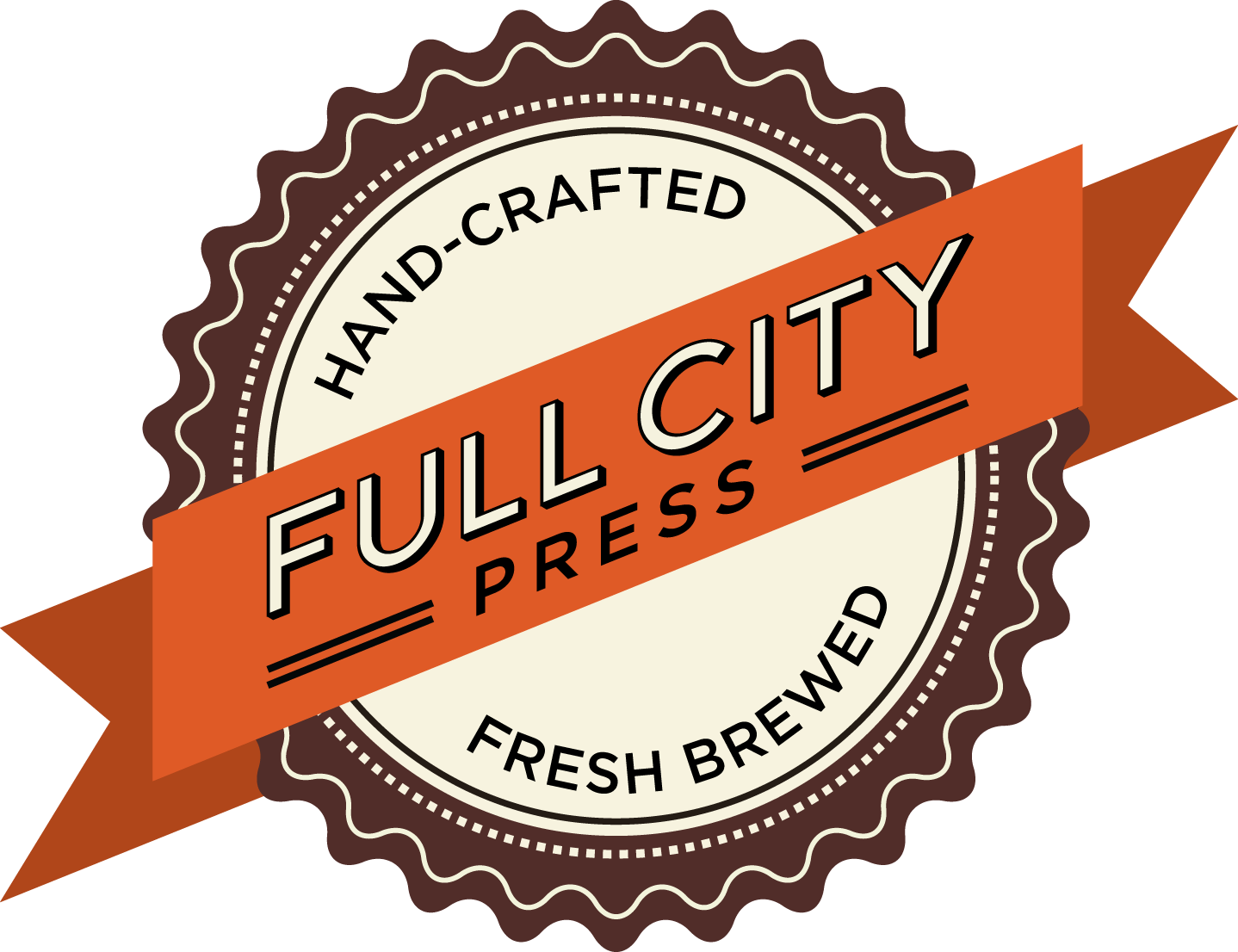Constraints Matter
/I recently wrote about the value of brevity in regards to being respectful of a reader's or listener's attention, and also how brevity can help me write a bit more frequently as I often overthink things and go on for far too long.
So let's get to the point, shall we? Yesterday, my friend Aaron Mahnke tweeted a few things pointed at those of us using a ceiling word count for some writing. Thankfully, he elaborated a bit more in a blog post.
Writers love to count their words, and that’s a good thing. Let’s just get that onto the table right away.
Fair enough.
Writers count words to measure how far they’ve walked into a story. But here’s the catch: word count isn’t the end goal.
I agree with the first sentence, and somewhat agree with the second, depending on how it is viewed. It's not so cut and dry for me.
Some people, though, think it’s more important to prioritize brevity over clarity and art. […] They believe that the shorter the piece the better it is, that somehow using less words makes the work more admirable and praiseworthy. And they’re wrong.
I can see his side, but I think Aaron is being a bit one-sided here. Brevity can serve a purpose toward fostering clarity and art. I am wanting to embrace brevity more because I know embracing constraints can foster growth and maturity.
Let's look at it another way. I own two cameras. A Canon EOS 40D with a few lenses, and my iPhone 6. I used to take the 40D everywhere and try to take neat shots with it. But I fiddled too much with its various options and, more importantly, I didn't understand how light worked. I jumped in with the higher end of the photography spectrum (at least on a consumer level) and didn't have an understanding of the basics.
As the iPhone's camera kept getting better, I started leaving the 40D at home more. With the iPhone 5 I was leaving the 40D at home a lot. And by the iPhone 6 it even stopped coming along for trips. Why? Because as the iPhone's camera got better, I started using it more, despite the fact it has a ton of constraints.
Having those limitations forced me to think a bit more creatively, a bit more out of the box. I had to really start thinking about how light worked because I couldn't just adjust the aperture or shutter speed or ISO. I take better pictures because constraints left me no choice but to become observant and learn.
And let me tell you, I have had it said to me by plenty of photographers who really know their craft that "a phone camera is just a toy camera" and "that phone camera can't be used to take a good picture." But we all know that's a bunch of bulldonkey.
I mean, look at the beautiful things an iPhone can photograph.
When you write under the pretense that shorter is better, you trade art and care for economy and mathematics.
I wholeheartedly disagree with this statement. Shorter can be better, if you use it to hone the skill of art and care. Brevity does not inherently strive for economy and mathematics.
A writer should write the words necessary to tell their story — no more and no less — and then edit and craft them to fully represent the material.
I wholeheartedly agree with this statement. When I set out to write something with the intentional constraint of brevity, I keep an eye on the word count. I have a target I want to hit. I want to keep that particular writing in the ballpark of something brief. But if the topic requires more, I'm prepared to eschew brevity to complete the thought (as I've clearly done here).
Counting words has nothing to do with that whatsoever.
Word count isn’t a quality of good writing.
Again, this is not cut and dry, black and white, or mutually exclusive. Word count can and does influence writing, both poor writing and excellent writing. Working within constraints forces and fosters creativity.
Constraints matter.
